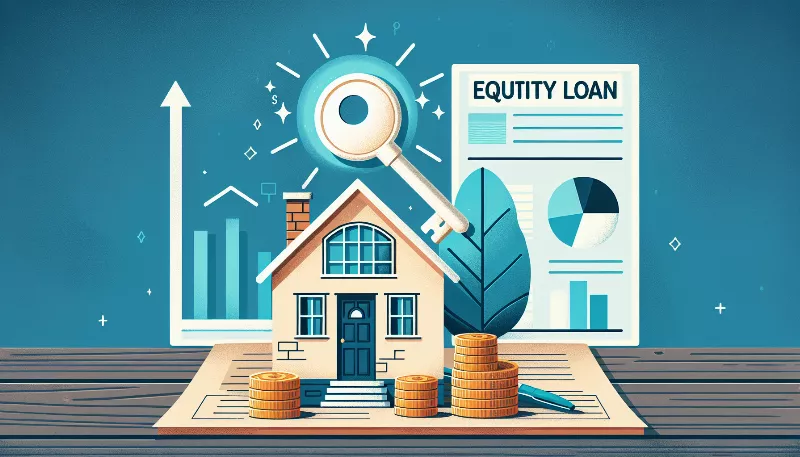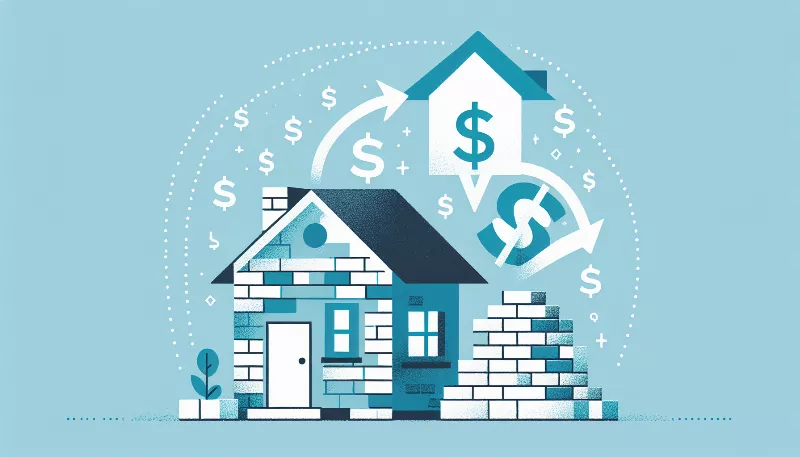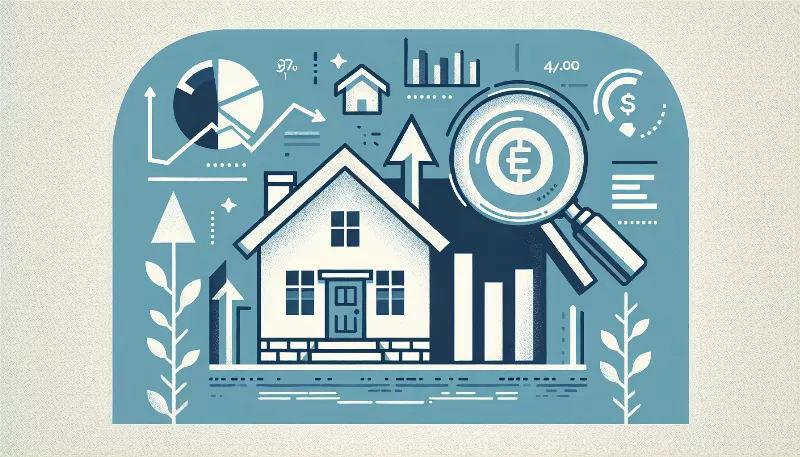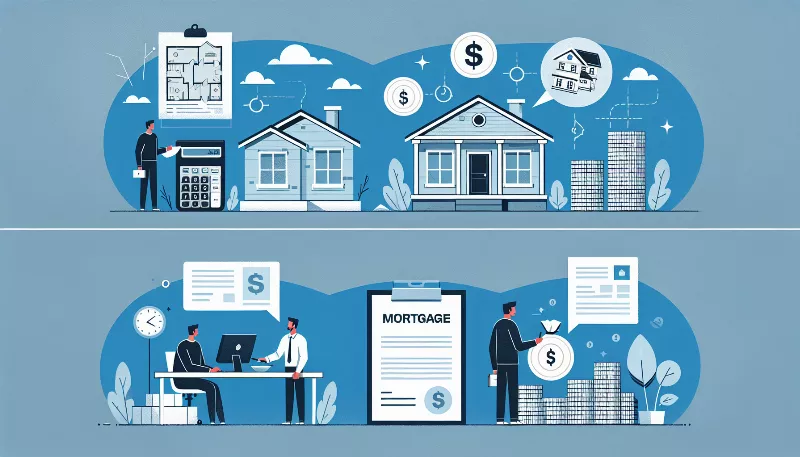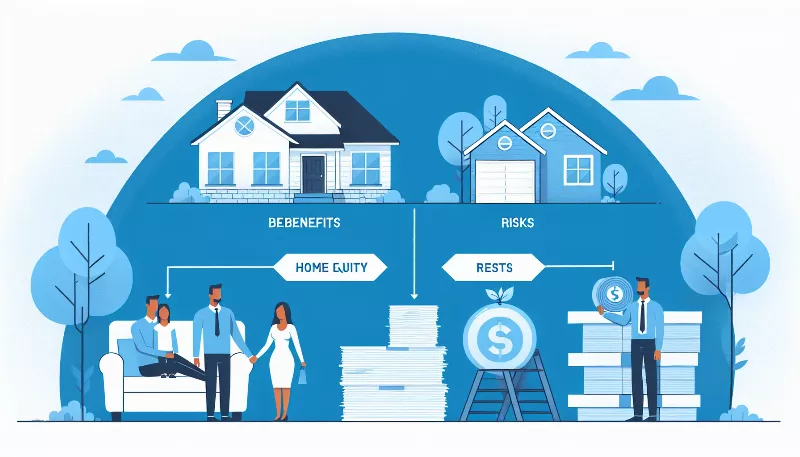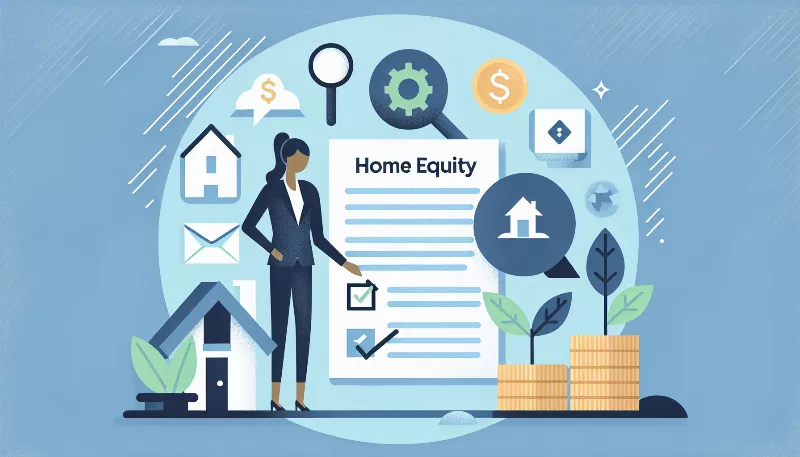Leverage Your Living Space: Essential Criteria for Home Equity Loans
Unlock the value in your home! Learn key criteria for home equity loans to boost your finances. Essential tips for smart homeowners inside.

Unlock the Potential of Your Home
Are you looking to tap into the financial power of your home? A home equity loan might be the key to unlocking the potential that's been building up in your living space. With enthusiasm and the right information, you can leverage your home's value to fund renovations, consolidate debt, or cover significant expenses. Let's dive into the essential criteria that will guide you through the process of securing a home equity loan.
Understanding Home Equity
Before we explore the criteria, it's crucial to understand what home equity is. Simply put, home equity is the portion of your property that you truly 'own.' It's the difference between your home's current market value and the remaining balance on your mortgage. As you pay down your mortgage and as your property value appreciates, your equity increases. This accumulated wealth is a resource you can tap into through a home equity loan.
Criteria for Home Equity Loans
When considering a home equity loan, lenders will look at several factors to determine your eligibility and the terms of the loan. Here are the essential criteria:
Credit Score
Your credit score is a critical factor in the approval process. A higher credit score indicates to lenders that you're a low-risk borrower, which could lead to more favorable loan terms. Generally, a credit score of 620 or higher is recommended, but the best rates are often reserved for those with scores above 700.
Debt-to-Income Ratio (DTI)
Lenders will assess your debt-to-income ratio to ensure you have the financial capacity to repay the loan. This ratio compares your monthly debt obligations to your gross monthly income. A DTI of 43% or lower is typically preferred, though some lenders may allow higher ratios.
Loan-to-Value Ratio (LTV)
The loan-to-value ratio is another crucial metric. It measures the loan amount against the appraised value of your home. To qualify for a home equity loan, most lenders require an LTV of 80% or less, meaning you should have at least 20% equity in your home.
Stable Income
Having a stable and reliable income reassures lenders that you'll be able to make consistent loan payments. Be prepared to provide proof of income through pay stubs, tax returns, or other financial documents.
Home Appraisal
An appraisal will be necessary to determine the current value of your home. The appraised value will impact the amount of equity available for borrowing. Keep in mind that the cost of the appraisal is often the borrower's responsibility.
Maximizing Your Home Equity Loan
Once you've met the criteria for a home equity loan, it's time to think about how to use the funds effectively. Whether you're planning to renovate your kitchen, pay for a child's education, or consolidate high-interest debt, a home equity loan can provide the financial flexibility you need. Just remember to borrow wisely, as your home serves as collateral for the loan.
Conclusion
Securing a home equity loan can be a smart financial move when done for the right reasons and with a clear understanding of the responsibilities involved. By meeting the essential criteria and carefully considering your options, you can leverage your living space to enhance your financial well-being. Embrace the opportunity and let your home work for you!
